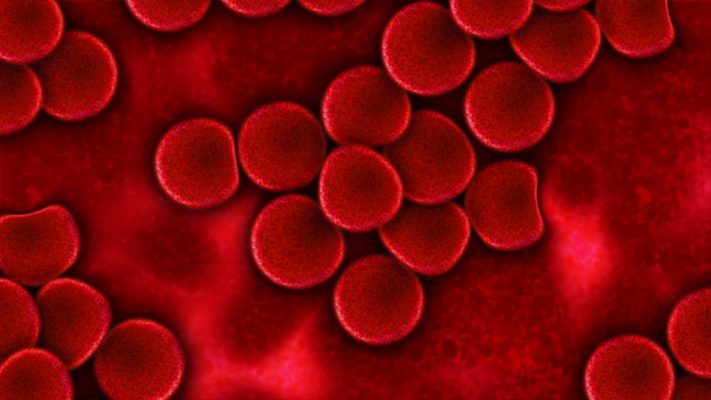CIRM grants $4M to fund sickle cell translation
The Corn lab and our collaborators have received a $4 million grant from the California Institute for Regenerative Medicine (CIRM) to develop CRISPR-Cas9 genome engineering into a cure for sickle cell disease (SCD).
This generous funding will support the fruitful ongoing collaboration between our lab, physicians and sickle cell experts Mark Walters and David Martin of UCSF Benioff Children’s Hospital Oakland Research Institute (CHORI), and stem cell and gene therapy specialist Don Kohn of UCLA. The grant is part of CIRM’s Translational Award program, which aims to move “the most promising projects out of the laboratory and into clinical trials in people.”
We are very grateful for CIRM’s support, which enables us to establish clinical protocols for gene surgery to cure sickle cell disease. CRISPR cures for genetic diseases are rapidly approaching the clinic, and our research will lay the groundwork for a clinical trial in SCD. Our clinical approach will involve removing stem cells from the bone marrow of sickle cell patients, editing the mutated DNA code with CRISPR-Cas9, and putting the corrected cells back into the patient, where they can persist and spawn healthy red blood cells.
We recently published proof-of-concept sickle gene editing in Science Translational Medicine, and the funding from CIRM will enable us to improve the efficiency of editing, scale up the process, and perform more extensive studies in animals to ensure safety and accuracy before moving into human clinical trials. Mark DeWitt, a postdoc in the lab and first author on the Science Translational Medicine paper, will become the project’s Program Manager, managing research across the three campuses.
For a more in-depth perspective, read Jacob’s blog post on deploying gene editing to tackle sickle cell disease.



